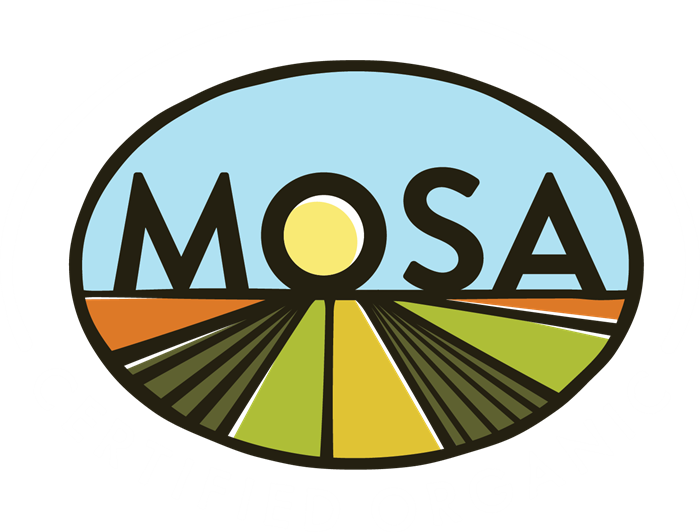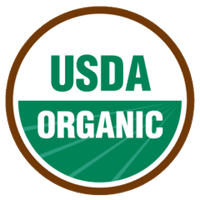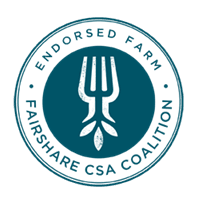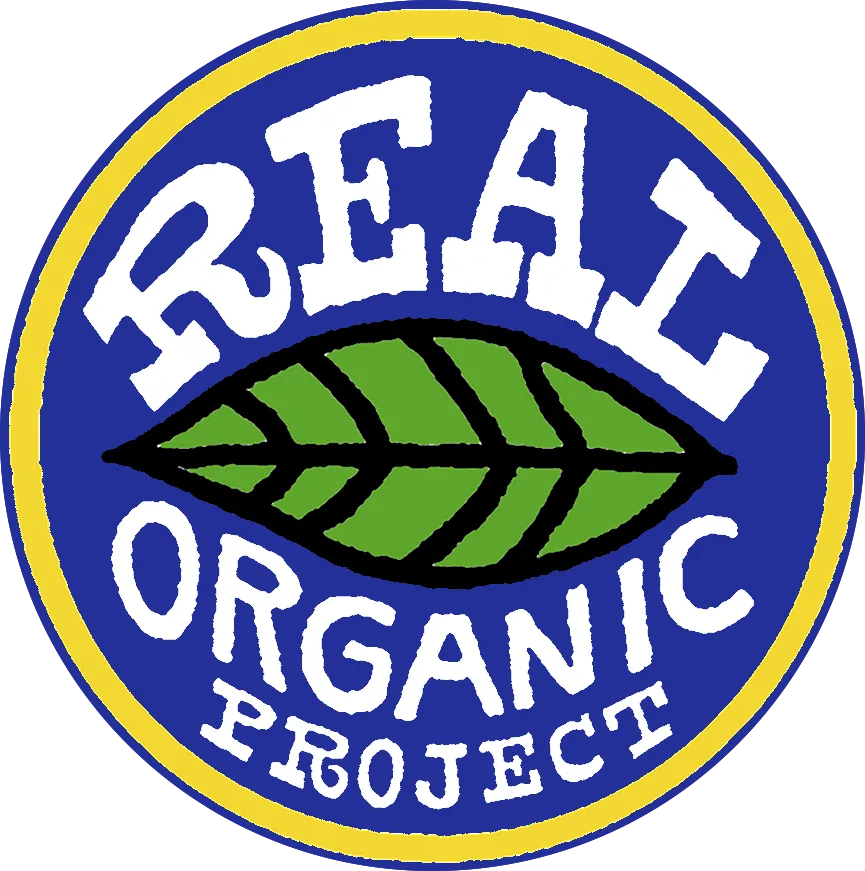Organics vs. Cascades of Intervention: Summer CSA ’12 – Week #12
In 2008, Mike and I watched a movie called the Business of Being Born, recommended to us by a worker share. The movie attempts to de-mystify having a child at home, as well as investigate the phenomenon of the €˜cascade of interventions’, the idea that once a doctor intervenes in the birthing process, often more interventions become necessary. Want to speed up labor? Try pitocin. Pitocin making the contractions way more painful for the mother? Try an epidural€¦ The cascade of interventions.
As someone who generally thinks of doctors as experts, I wouldn’t have necessarily questioned these interventions, even after watching the film. Then I was sent an amazing piece of writing by a graduate student (which I don’t have in a format to share with you, or else I would!). She was completing her preliminary exam in a sustainable agriculture program. The question her committee posed to her was how her previous career as a midwife had any connection to her new path in sustainable agriculture.
She presented a thoughtful, well-researched argument that connected the way we attempt to control the land to grow food in a conventional agriculture system, to the way that we attempt to control pain and unknown variables in child birth. The idea is this: In conventional agriculture, the goal is to create high yields in the most efficient way possible. Planting acres and acres of one crop is the starting point of this system. By doing this, farmers can be much more efficient. However, by planting just one crop, farmers inadvertently increase pest pressure. To control the pests, they spray pesticides. The pesticides kill not just bad bugs, but good bugs too. Overall the soil quality decreases over time. Farmers then add fertilizers to make up for the €˜dead’ soil they have created. On and on this system goes ” a cascade of interventions. And the tough bit is, once a farmer is locked into this system, these interventions become necessary for the farmer’s success, even when they aren’t good for the land overall.
The student argued that a similar sort of phenomenon is happening in US birthing suites. The overall intention is to deliver healthy babies, to healthy moms who have experienced a minimal amount of pain. This seems like a noble intent€¦. just as I’m sure efficiently producing high crop yields was the noble intent of the researchers who developed the current conventional system. But one has to ask, is it really necessary that about 30% of hospital births end in C-section? Or are we inadvertently causing this through (well-intentioned) interventions? How much should we try to control the nature that is unfolding during a woman’s labor?
When Mike and I became pregnant with Zea, we decided we wanted to try birthing a baby in a natural way. It just seemed so much more in line with our other values; trying to intervene as little as possible in natural systems. No drugs, no interventions except if the health of the baby or myself was endangered.
Now I know one could try to do this in a hospital setting so that emergency equipment would be just around the corner, but I knew that wouldn’t work for us. First of all, our crappy farmer’s health insurance didn’t cover it (the options to us are really pathetic ” you’d be shocked). And let’s face it, Mike has to hide cookies from me so that I don’t gobble them up. If, during labor, I knew pain meds and interventions lay just around the corner, I wouldn’t have been able to resist. And we knew if we needed to transfer to a hospital due to emergency, we certainly could.
So, Zea was born in a birthing pool that was set up in the front room of our house. It was painful and empowering. And while I know homebirth isn’t for everyone, we learned that it was for us. Having a baby at home is a lot like the work we do on this farm; sometimes painful, always empowering. Nine days, give or take, until baby #2 arrives!
Enjoy your veggies! Mike and Cassie
In the Box:
- Anaheim Peppers (mildly spicy) – these are GREEN in color
- Carmen Sweet Peppers, Red
- Carrots
- Cucumbers
- Eggplant, Globe
- Sweet Corn
- Tomatoes ” assorted heirlooms, slicers, salad
- Yellow Bell Pepper
- Zucchini
REGs Only:
- Cabbage
- Dragon Tongue Beans
- Red Onion
EOs Only:
- Cippollini Onions
- Dragon Tongue Beans OR Green Beans
- Edamame
- Kale, green
This Week’s Recipes:
Summer Week #12: Wednesday, August 22nd – Everyother Group B







